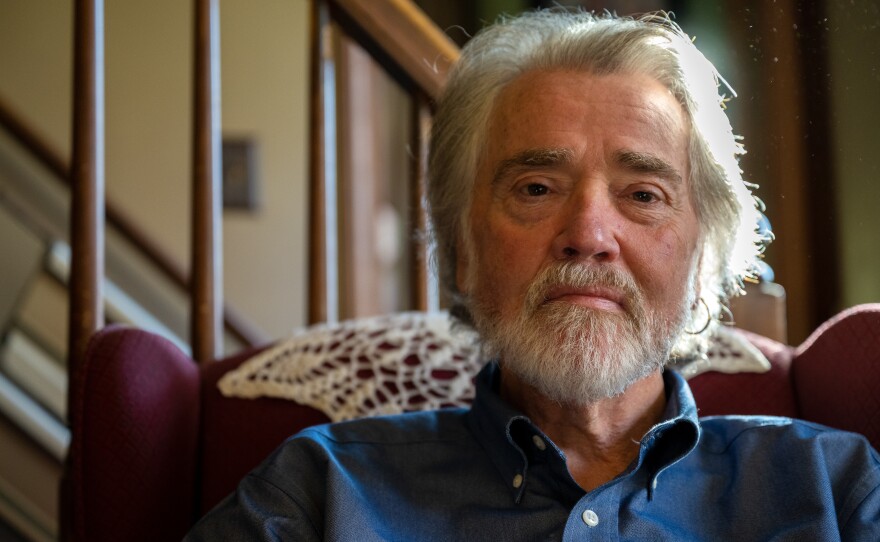A state committee set up to allocate settlement funds from opioid manufacturers and distributors has just issued its first reporting of disbursements at the municipal level.
The stakes are high. Connecticut has some of the highest opioid death rates in the country. Each month, more than 100 people die in Connecticut from an opioid overdose. More than 9,000 overdose deaths have been documented since 2015, and the vast majority of these fatal overdoses are linked to opioids or, increasingly, to synthetic opioids or proxies.
After years of litigation, major opioid manufacturers and distributors have begun paying $600 million in settlement funds to Connecticut over the next 20 years. Those funds are intended to be allocated in ways that prevent future opioid deaths, a process the state’s 45-member Opioid Settlement Advisory Committee will help oversee.
This hour, we’ll hear from Christine Minhee who oversees one of the only national databases tracking opioid settlement spending. Minhee is "astounded" by Connecticut's first round of municipal reporting, and the level of detail as to how and where those dollars are headed.
We'll also hear from William Tong, Connecticut Attorney General, and advocates in our region who are working to reframe how we talk about and treat the opioid epidemic.
GUESTS:
- Christine Gagnon: Member, Connecticut Opioid Settlement Advisory Committee
- Tracie Gardner: Senior Vice President of Policy Advocacy, Legal Action Center; Former Assistant Secretary of Mental Hygiene, New York State
- Mark Jenkins: Founder and Executive Director, Connecticut Harm Reduction Alliance
- William Tong: Connecticut Attorney General
- Christine Minhee: Founder, OpioidSettlementTracker.com
Where We Live is available as a podcast on Apple Podcasts, Spotify, Google Podcasts, Amazon Music, TuneIn, Listen Notes, or wherever you get your podcasts. Subscribe and never miss an episode.







